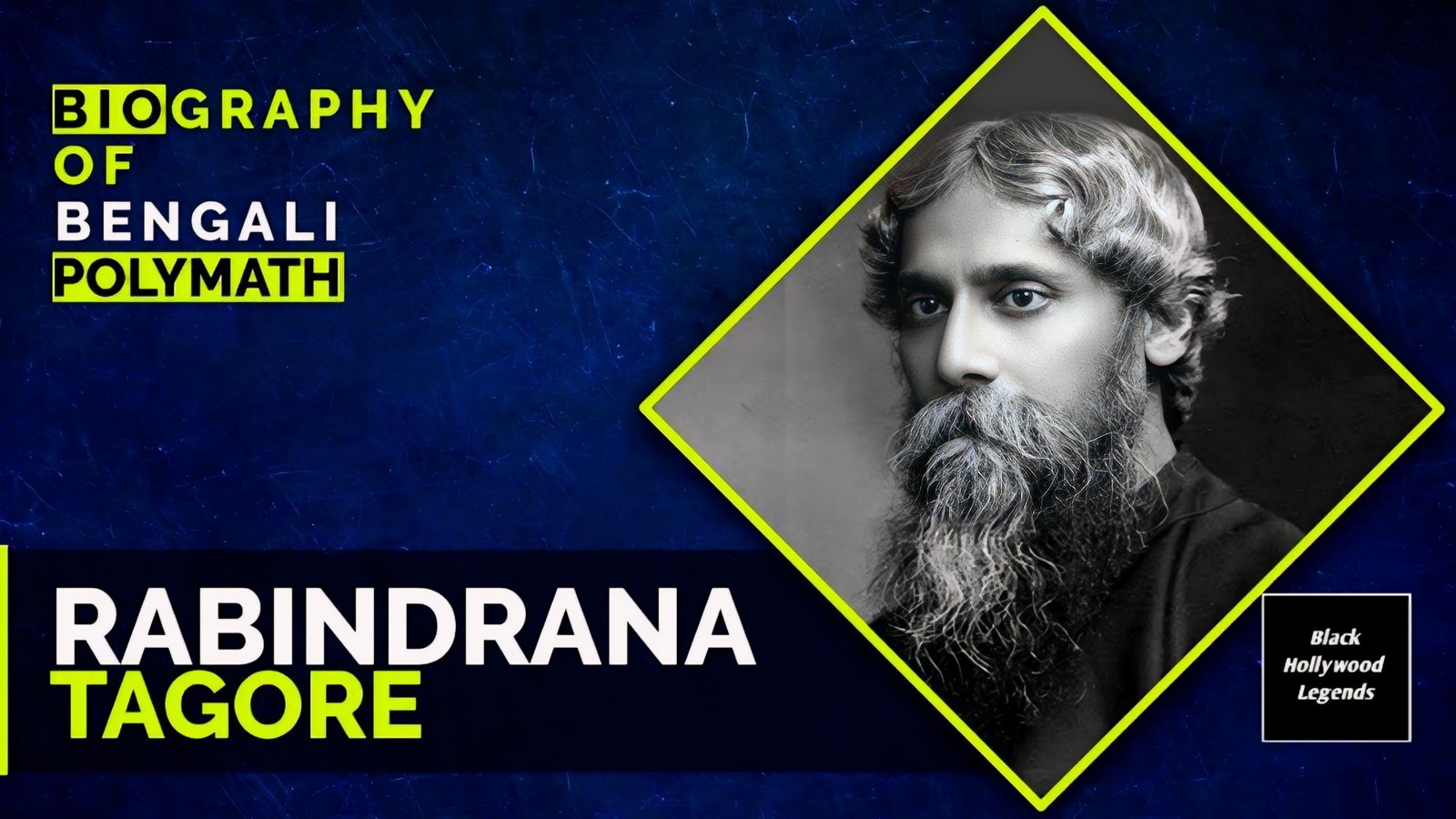Frequently asked questions about Rabindranath Tagore?
Rabindranath Tagore (1861–1941) was an Indian poet, philosopher, writer, and artist who reshaped Bengali literature and music. He was a prominent cultural figure in India, known globally for his poetry and intellectual contributions. Tagore was the first non-European to win the Nobel Prize in Literature in 1913, primarily for his poetry collection Gitanjali.

What was Rabindranath Tagore famous for?
- Rabindranath Tagore is famous for his poetry, literary works, and contributions to Indian culture and education. He is best known for his poetry collection Gitanjali, which earned him the Nobel Prize. He also composed the national anthems of India and Bangladesh, demonstrating his profound impact on the cultural and national identity of these countries.
Who was the lost love of Rabindranath Tagore?
- One of the most significant figures in Tagore’s personal life was Kadambari Devi, his sister-in-law, who was a close companion and intellectual influence. Her untimely death in 1884 had a profound emotional impact on him, and she is often considered his “lost love” in a broader emotional and creative sense, although their relationship was never romantic.
What religion was Tagore?
- Rabindranath Tagore was born into a Bengali Brahmin family and was deeply influenced by Hinduism, particularly the Brahmo Samaj, a reformist religious movement. However, Tagore was a spiritual humanist who transcended the boundaries of traditional religion. His philosophy was one of universalism, emphasizing the unity of humanity and the divine.
How did Rabindranath Tagore die and when?
- Rabindranath Tagore passed away on August 7, 1941, in Calcutta (now Kolkata), India, at the age of 80. He died after a prolonged illness. His final years were marked by ill health, but he continued to write and produce art until his last days.
What was Tagore’s philosophy?
Tagore’s philosophy revolved around humanism, universalism, and the connection between the individual and the divine. He believed in the inherent goodness of humanity and the importance of self-realization through education, art, and nature. His philosophical outlook sought harmony between individual freedom and social responsibility, advocating for a balance between tradition and modernity.
What did Rabindranath Tagore teach us?
Rabindranath Tagore taught us the value of freedom, creativity, and unity. Through his writings, he emphasized the importance of love, empathy, and the appreciation of nature. Tagore also believed in the transformative power of education, advocating for a holistic learning system that fosters creativity, critical thinking, and compassion.
Rabindranath Tagore summary?
Rabindranath Tagore was a Bengali poet, philosopher, musician, and educator who made profound contributions to Indian literature, music, and thought. He was the first non-European Nobel laureate in Literature, and his works championed freedom, human dignity, and cultural harmony. Tagore founded Visva-Bharati University, emphasizing the integration of Eastern and Western learning.
Rabindranath Tagore story?
One of Rabindranath Tagore’s most famous stories is “The Kabuliwala,” which tells the tale of a fruit seller from Afghanistan who forms a bond with a young girl in Calcutta. The story explores themes of friendship, loss, and the universal human experience of love and separation. It remains one of Tagore’s most beloved short stories.
Rabindranath Tagore’s education?
Rabindranath Tagore was largely self-educated. He was sent to several schools in Calcutta, but he disliked the formal education system and chose to learn independently. He later studied law briefly in London but returned to India without completing his degree. Tagore’s unconventional education fostered his creativity and led him to establish his own school, Visva-Bharati University, which promoted holistic and experiential learning.
Rabindranath Tagore’s father name?
Rabindranath Tagore’s father was Debendranath Tagore, a prominent leader of the Brahmo Samaj, a Hindu reform movement. Debendranath was a philosopher and spiritual leader, and his religious and philosophical outlook had a deep influence on Rabindranath’s thinking and worldview.
Rabindranath Tagore’s Nobel Prize?
Rabindranath Tagore was awarded the Nobel Prize in Literature in 1913 for his collection of poems titled Gitanjali (Song Offerings). The Nobel Committee praised his profoundly sensitive, fresh, and beautiful verse. Tagore became the first non-European to receive this prestigious honor, bringing international recognition to Indian literature.
Rabindranath Tagore’s famous works?
Rabindranath Tagore’s most famous works include the poetry collection Gitanjali, the novel Gora, and the play The Post Office. He also wrote the songs that became the national anthems of India (“Jana Gana Mana”) and Bangladesh (“Amar Shonar Bangla”). His short stories, such as “The Kabuliwala,” and essays are also widely celebrated for their emotional depth and philosophical insight.
Also Read: Frequently asked questions about Sir Isaac Newton?